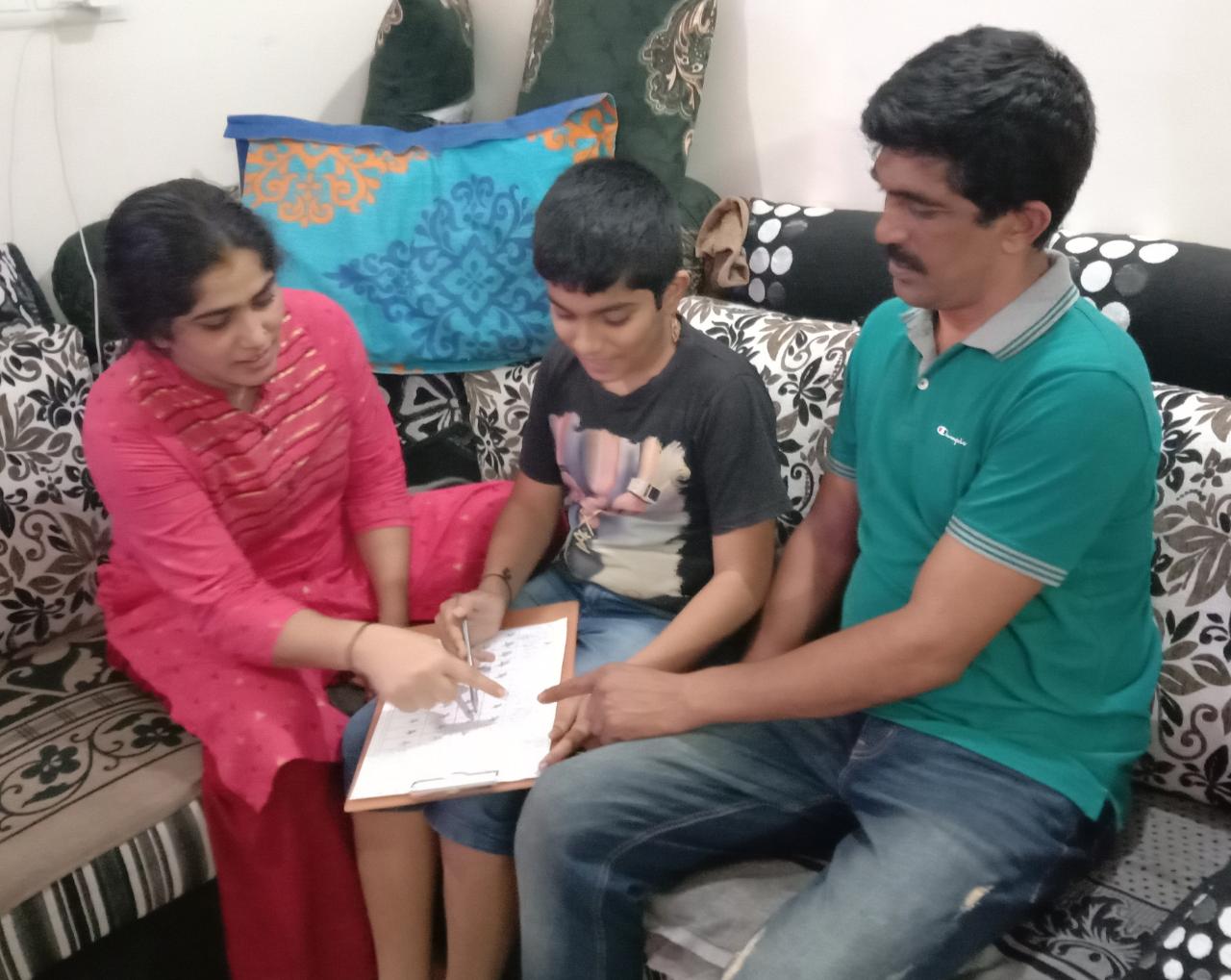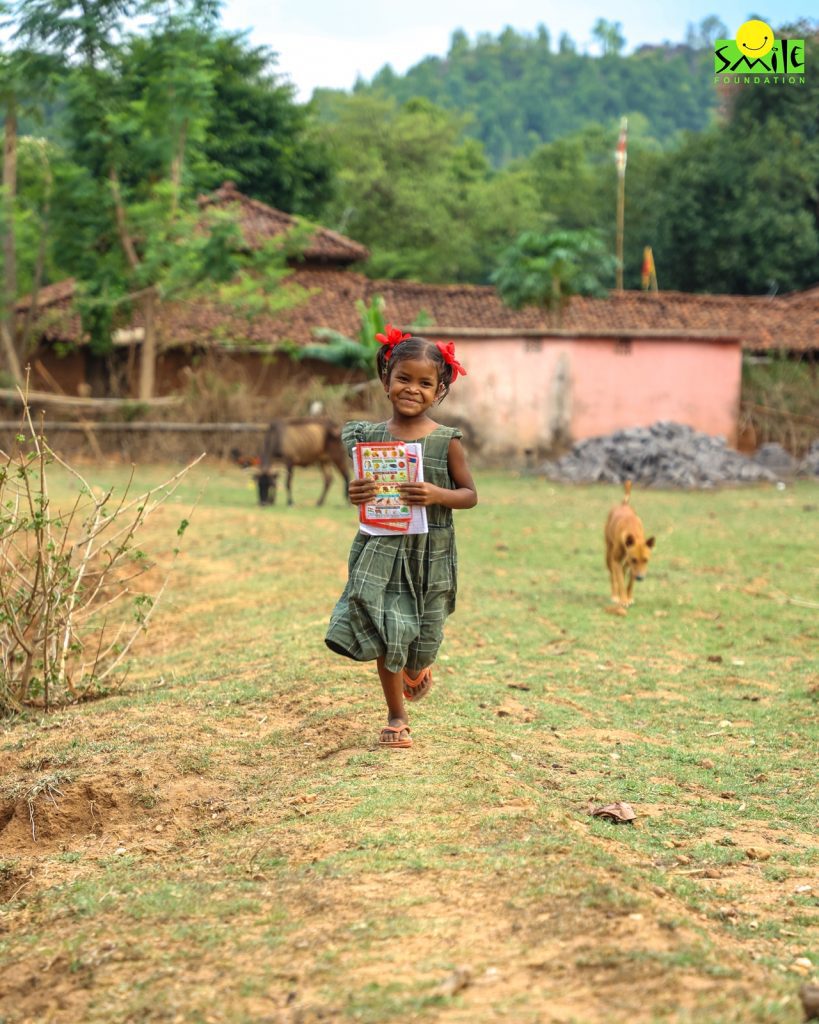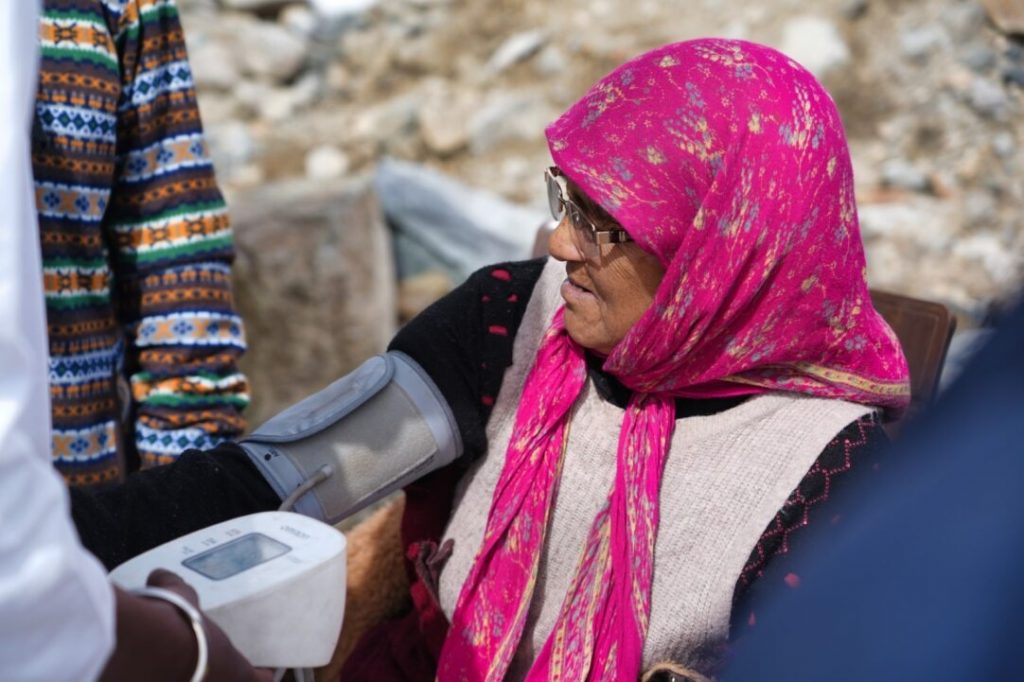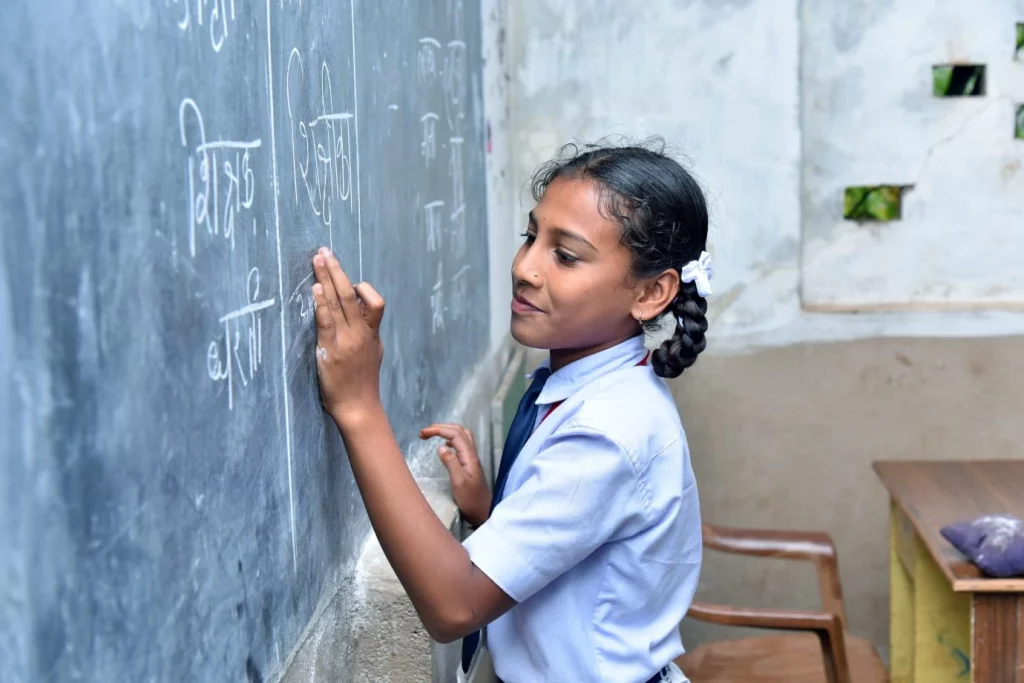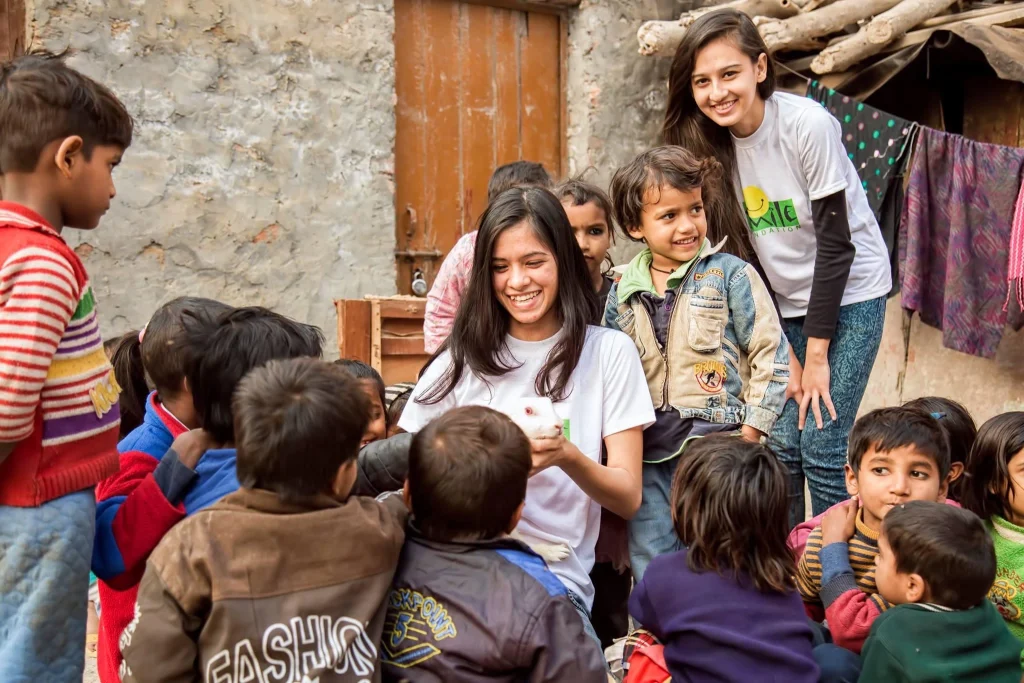“I have learned to value food and not waste it. We have seen how difficult it is to access food and seen our parents struggling to make ends meet.” A child at one of Smile Foundation’s Mission Education centres in Bangalore said this. These centres are working actively towards imparting life skills in the youth.
The impact on children
The Covid pandemic has affected all sections of society in one way or the other. Among other things, we also have to worry about the well-being of our children. They are missing out on meeting friends, playing outside, extracurricular activities, besides observing, exploring, and learning from the world outside.
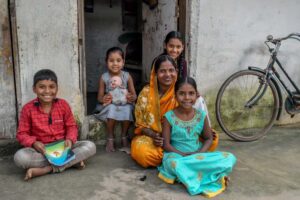
As per UNICEF, the 2020 lockdowns led to the closure of almost 1.5 million schools in India. This brought chaos to the lives of over 247 million students of elementary and secondary schools. Further, this situation could have a profound impact on the mental and socio-emotional well-being of children.
Children are deprived of play and physical contact. These are critical for their psycho-social well-being and development. Therefore, the role of parents, educationists, and development workers in keeping them engaged, motivated, hopeful, and happy has increased a lot.
Use this time to impart life skills!
We must look at the positive sides as well. Children are spending more time with their family at home. This could be the time and place to help them imbibe critical life skills along with moral values. It is an opportunity to nurture a generation that inculcates humane values of gratefulness, compassion, respect, and kindness towards humanity and nature. This is a time to show them that there is more to life than academics to lead a fulfilling life.
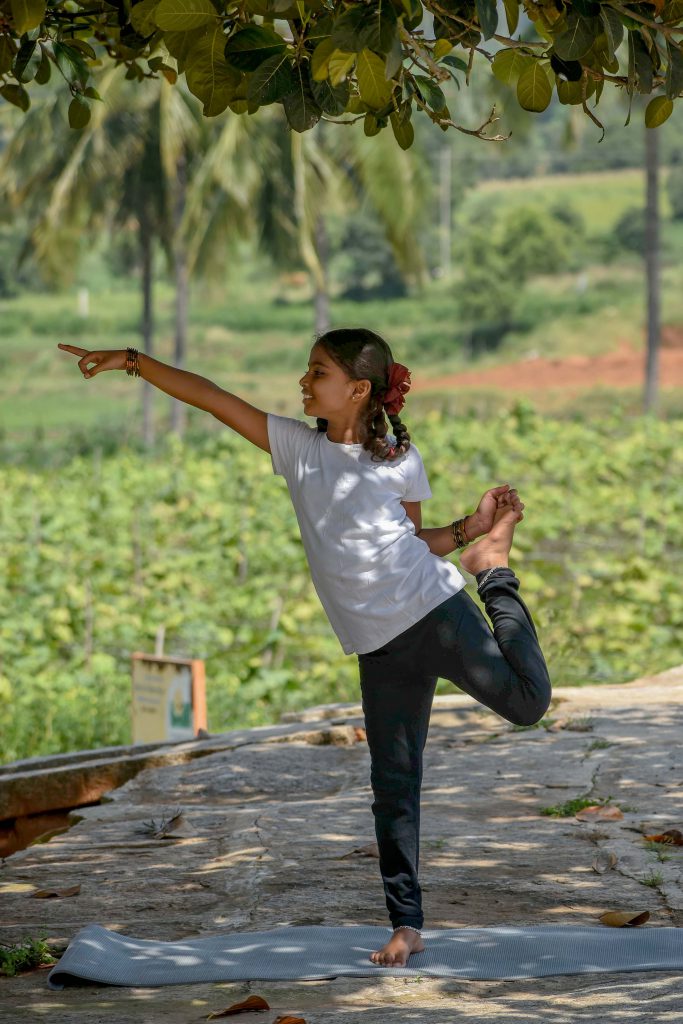
Teach them responsibility
Assigning small tasks and errands to children gives them a sense of importance. They will feel that you value their inputs and contribution. They get hands-on experience and realise the significance of taking responsibility. Many children have learned new skills to help around the home – cooking, gardening, and other household chores, for instance.
‘One Earth, One Home’
We joined hands with WWF on the ‘One Earth, One Home’ initiative. We implemented this through our Mission Education centres across India. The children enthusiastically learned to appreciate, explore, and learn from nature.
They learned how to work along with their parents and family because of staying at home. They learned how to grow plants, avoid wasting water, and keep the environment clean. These little encouragements can impart the spirit of teamwork, independence, collaboration, accomplishment, and responsibility.
The resilience of children
This is a time when families have been exposed to several kinds of struggles including financial, psychological, and health-related. Many adults lost their jobs, had to take pay cuts, survive on limited resources, and face health issues due to the coronavirus pandemic.
Children who have single mothers working as domestic help were hit severely during the lockdown. Their movements were restricted and they were advised not to visit the homes where they work. The majority of them had to remain without pay or got only part of their salary.
These families faced a huge financial burden to access basic needs too. However, the timely intervention from the Mission Education centres and Smile Foundation’s dry ration kit distribution drives ensured that children and their families have access to nutritious food during the crisis.
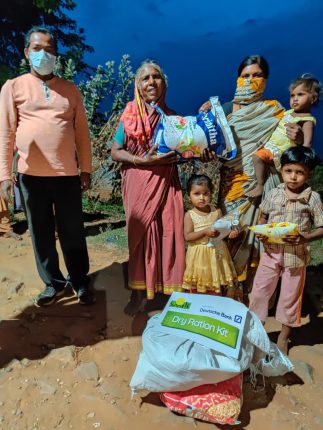
Children have had to silently bear witness and participate along with the family to manage and overcome the crisis. The support that family member’s have extended to each other instills confidence and belief in oneself and in the family as a unit. Through this, family bonds have become stronger. You learn that no matter what, you can always bounce back to life with more vigour and positivity, together with loved ones.
Importance of self-care
Staying fit and practising physical activities is a must for emotional, mental, and physical well-being. Physical exercise or yoga are integral elements in the curriculum for a blended mode of learning by the ME centres. All work and no play is making children fatigued and dispirited.
Children, parents, and teachers learned the importance of self-care across ME centres on occasions like Women’s Day, Children’s Day, etc. The importance of consuming healthy nutrients, soaking in sunlight, and exercising can help relieve some of the stress and fear among children and adults.
Let’s be grateful
Being grateful and appreciating life is a key learning for children. Parents and teachers can share anecdotes and explain to them about the commendable work done by Covid warriors. Doctors, health workers, police, and social volunteers are providing much-needed care, essentials, and food packets, and supporting relief initiatives.
As human beings, we are interdependent in each other and these pandemic has revealed that we are all in it together. It is the little things in life that work miracles and alleviates the pain and sorrow of our neighbours in these difficult times.
Continuing with hope
We need to accept the challenges of the pandemic and turn them into opportunities. Smile’s ME teachers and staff are managing and guiding the children emotionally and academically. Another year of blended learning from home appears to be a real possibility at the moment.
Apart from academic learning, we need to teach our children critical socio-emotional life skills to help them tide through this time. We must reignite their self-awareness, mindfulness, grit, and appreciation for this journey called life.

